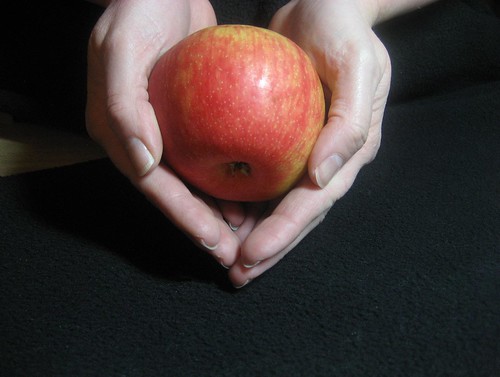Most writers agree that in order to write, you must also read. Author Allison Winn Scotch raised this point in a recent blog post titled just that:
I think being a successful writer means reading your peers and learning from them too – I can’t tell you how much reading authors whom I admire has helped me up my game. Additionally, I think it’s hard to get into a literary state of mind without, well, being literary.
And Pulitzer Prize-winner Jennifer Egan agreed, saying in an interview (via):
My advice is so basic. Number one: Read. I feel like it’s amazing how many people I know who want to be writers who don’t really read. I’m not convinced someone wants to be a writer if they don’t read. I don’t think the problem is that they need to read more; I think they might need to readjust their life goals. Reading is the nourishment that lets you do interesting work. To be reading good things. I feel that you should be reading what you want to write. Nothing less.
But can writers also learn from reading books they’d never want to write? Say, that bestseller most reviled by “literary” writers… Twilight? Here I’m going to take a controversial stance: Twi-hard or Twi-hater, you should read Twilight.
GalleyCat recently wrote about a literature professor who–after mocking Twilight as an example of bad writing–finally picked up the books to read them. Said the professor:
“I’m really not looking forward to reading these … Every time I reference low forms of literature, I always use Twilight as the example. Today a student asked if I’ve actually read them, and I had to say no. They demanded that I do.”
I admit I’m not a Dan Brown fan, and after I found myself citing his books in class as examples of terrible writing, I did feel guilty–so I got a copy of The Da Vinci Code. And now I can not only feel justified in my mockery, I can dissect specific sentences for my students as examples of what not to do.
So what do you think? Can you learn something positive about writing by reading a book you believe is bad?






